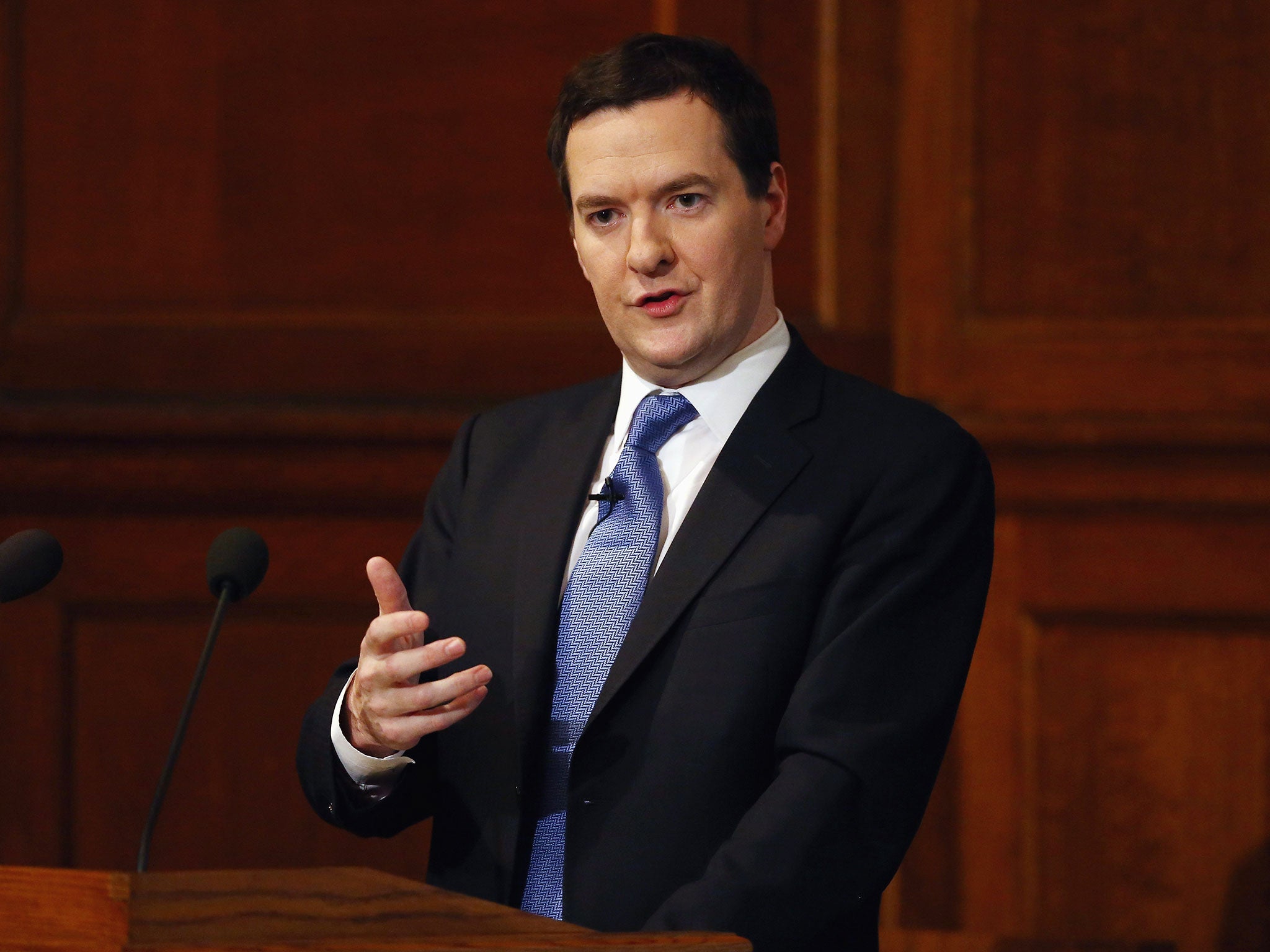Pay squeeze continues as weekly earnings fall 1.6% in real terms
ONS report fuels Tory fears of a voteless recovery

Your support helps us to tell the story
From reproductive rights to climate change to Big Tech, The Independent is on the ground when the story is developing. Whether it's investigating the financials of Elon Musk's pro-Trump PAC or producing our latest documentary, 'The A Word', which shines a light on the American women fighting for reproductive rights, we know how important it is to parse out the facts from the messaging.
At such a critical moment in US history, we need reporters on the ground. Your donation allows us to keep sending journalists to speak to both sides of the story.
The Independent is trusted by Americans across the entire political spectrum. And unlike many other quality news outlets, we choose not to lock Americans out of our reporting and analysis with paywalls. We believe quality journalism should be available to everyone, paid for by those who can afford it.
Your support makes all the difference.The Conservatives’ hopes of reaping a political reward for the economic recovery suffered a setback when it emerged that the real value of weekly earnings had fallen by 1.6 per cent in the year to April.
The Office for National Statistics has reported that average wages grew by just £1 a week (0.1 per cent), and that this was wiped out by higher prices. It was the lowest rise since records began in 1997.
Ministers hoped a corner had been turned last week when the labour force survey showed that average pay had outstripped inflation this year for the first time since 2009. These figures have increased fears among Tory MPs that the party would experience a “voteless recovery” before next May’s general election.
Matthew Whittaker, chief economist at the Resolution Foundation, said: “These bleak figures contrast with signs last week that the UK’s six-year pay squeeze was coming to an end. The depth of decline highlights just how tentative any recent recovery remains.”
He said that full-time hourly earnings among men fell in cash terms in the year to April.
Full-time median gross pay, the mid-point on the wages scale, totalled £518 a week in April - almost £27,000 a year. Wages for the seven out of 10 people in their job for more than 12 months rose by 4.1 per cent in the previous 12 months - more than three times the rate of inflation. However, those in sporadic employment – often lower-skilled jobs - were hit hardest and dragged the average down.
The Chancellor George Osborne said that while the “great recession has made our country poorer”, the only way to improve living standards was to continue with the Government’s economic strategy.

But Ed Balls, the shadow Chancellor, said: “Out-of-touch ministers claim the economy is fixed, but these figures show wages continuing to fall. Working people are worse off under David Cameron’s Government and millions face a further hit if the Tories win the election.”
Frances O’Grady, the TUC general secretary, said: “Ordinary households are not sharing in the recovery and the recession in their wages continues despite the economy’s return to growth. The gains of growth are going to a few people at the top, with ordinary workers being shut out of the recovery.”
She added: “The Government is making history for the longest fall in real earnings since records began – a time when Queen Victoria was on the throne. Britain needs a pay rise to end the decline in living standards and to put the spending money in people’s pockets that will keep businesses growing.”
Median gross weekly earnings for full-time workers rose by one per cent in the public sector and by 0.7 per cent in the private sector, according to the ONS. Gross median pay for all private sector employees was £21,259 and for those in the public sector it was £24,302.
The figures show that workers in the bottom 10 per cent of the pay ladder earned less than £288 per week – almost £15,000 a year. The top 10 per cent of full-time employees earned more than £1,024 - or £53,248 a year.
Join our commenting forum
Join thought-provoking conversations, follow other Independent readers and see their replies
Comments